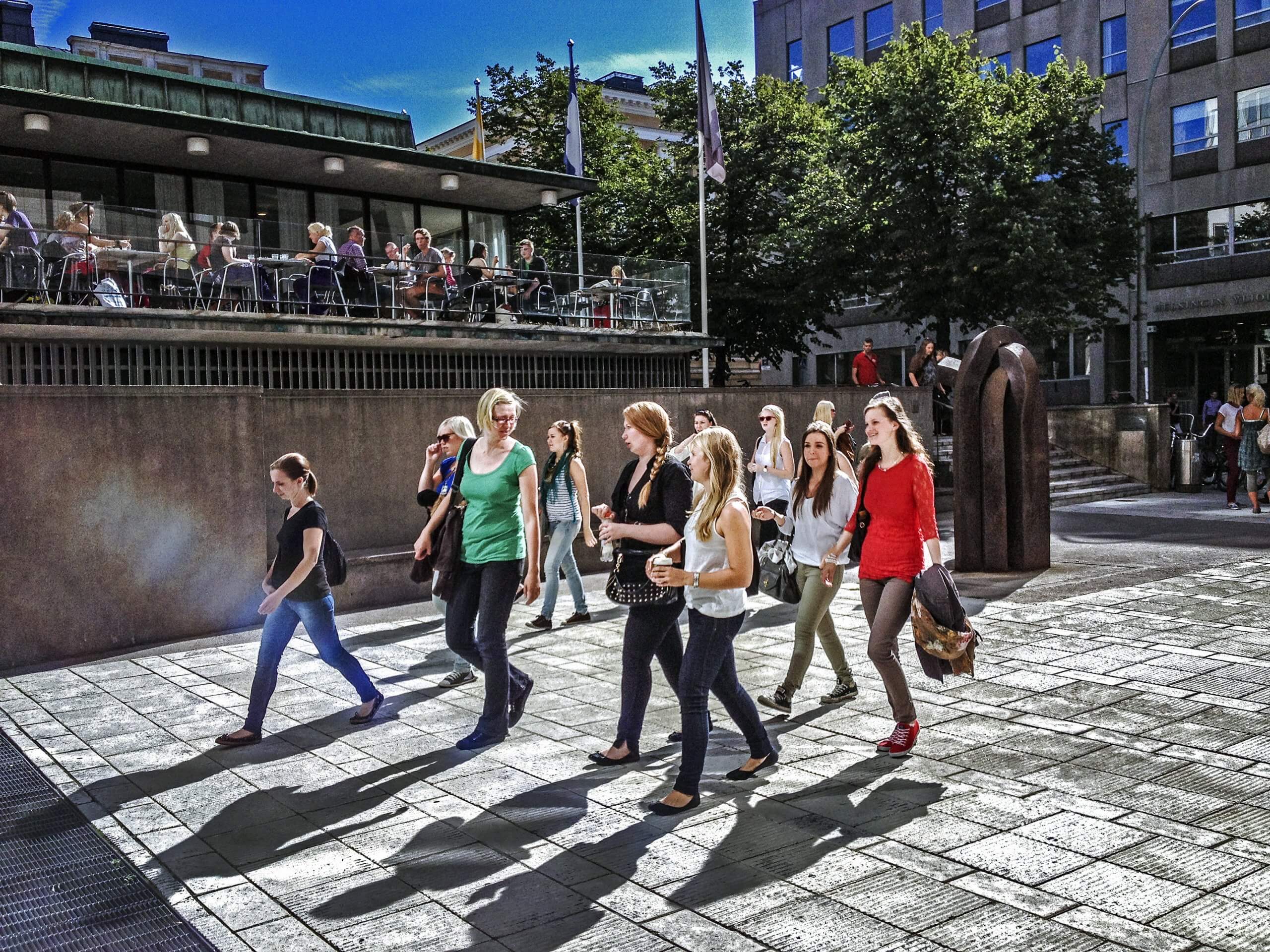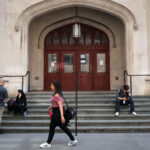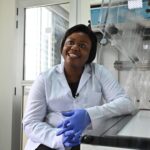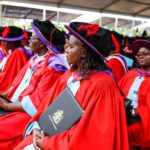More than 150 first languages spoken? History peeking through futuristic urban developments? An economic system with “extraordinarily high levels of life satisfaction”?
These aren’t the features of a far-off Utopian place set in the future. They are in fact the reality of what could be in store for humanities students at the University of Helsinki.
In the Finnish capital, international students get more than just a city to live in. Instead, they get a one-of-a-kind living laboratory to elevate a student’s understanding of art, history, politics, culture, philosophy, anthropology and more.
It’s the ideal complement to the world-class education they get at the university, which is among the world’s leading multidisciplinary research universities. On global rankings, the university constantly reaches the top 100.
Such research prowess are no mere academic matters at the University of Helsinki. In this unprecedented time of crisis, they bring practical value to help societies contain and manage the spread of COVID-19.

Source: University of Helsinki
One way this takes form at the Helsinki Graduate School of Economics (Helsinki GSE) is through a “situation room” composed of leading economists from Helsinki GSE, VATT Institute for Economic Research, as well as members from several public authorities.
It tracks close to real-time developments in the corporate sector, the labour market, and society in general. It collects, organises and analyses data from a broad range of sources, including Statistics Finland, Ministry of Finance, Ministry of Economic Affairs and Employment, Bank of Finland, Finnish Tax Administration, Social Insurance Institution of Finland Kela and others.
The results then support ministries and other public authorities in economic policy-making during the coronavirus crisis — arguably one reason behind Finland’s success in flattening the curve.
“Finland is in an extraordinarily good position to make data-based policy decisions since we have an abundance of high-quality registry data available. Taking advantage of this data greatly improves the ability to make any appropriate policy decisions,” says Otto Toivanen, leader of the situation room, and academic director of Helsinki GSE.
“The Finnish registry data spans several decades and enables linking of different data sources at individual, firm or family level in a way that is not possible in many other countries. The experiences of the situation room can also be valuable when considering how to incorporate more real-time micro-level economic data in regular economic policymaking.”
Research with outsized impact
The University of Helsinki understood the importance of humanities research even before the pandemic exposed the relevance of economics, demography, psychology and several other strands of the social sciences on human activity.

Source: University of Helsinki
Its LILIEMA programme has been running for three years, ensuring vulnerable communities remain informed during crises. Today, it is needed more than ever.
The LILIEMA programme provides information in local languages on how to protect against the coronavirus in Senegal.
Not everyone in Senegal is proficient in the official language, French. Direct translations from French to local languages don’t work either. Few people can read or write most local languages of Senegal as they are not taught in school.
“The Ebola epidemic taught us that French and translations into local languages are not enough. We need to provide information in written forms that people can actually read,” said Friederike Lüpke, Professor of African Studies who developed the LILIEMA programme together with postdoctoral researcher Miriam Weidl.
“Additionally, we need accurate, culturally appropriate communication in the languages most appropriate for each region.”
From posters to brochures, LILIEMA produced multilingual information packages about coronavirus in print format. Rural areas in Senegal often lack access to newspapers, televisions, smartphones or computers.
That’s not all. When distributing the packages, LILIEMA members also demonstrate how to prevent the virus from spreading. Travelling alone and practising physical distancing, they serve as models to curb the spread of infection.
“One time is not enough. We repeat the message over and over, and our instructors ensure that the guidelines are working.”
To study at the University of Helsinki is to be exposed to impact-oriented research such as this — an experience with far-reaching benefits to one’s studies and career.
Be part of history with the University of Helsinki. Find out more here.
Follow the University of Helsinki on Facebook, Twitter, YouTube, Instagram and LinkedIn
Like this? Then you’ll love…
Why medical students should take electives in the humanities
University of Helsinki: Innovative research and education to solve COVID-19










